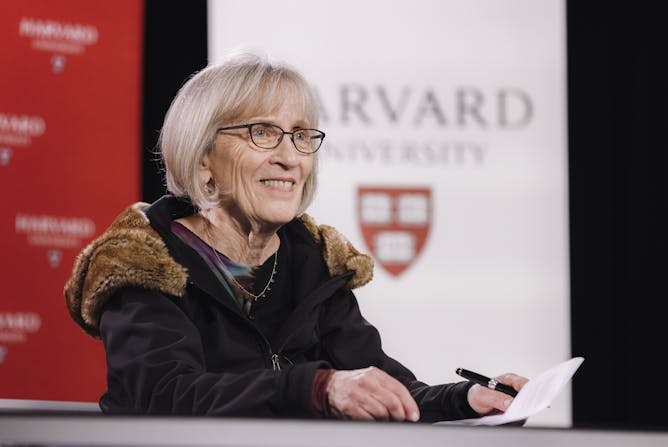|
You must all think I’m very rude. It’s been nearly two months and multiple Global Economy & Business newsletters and I still haven’t introduced my new colleague Tracy Walsh, who is now handling business and economy coverage for The Conversation U.S.
As two female journalists covering traditionally male-dominated spaces, we were both excited to hear the news that, for only the third time in its history, the Nobel Memorial Prize in Economic Sciences has been awarded to a woman this year: Harvard professor Claudia Goldin. Not only that, but Goldin’s work has charted the economic empowerment of women over centuries. It takes in such topics as working hours, the motherhood penalty and the contraceptive pill, explains Bocconi University associate professor of public economics Alessandra Casarico. Goldin’s insights are “critical for policymakers, as they point to the need to improve systems and cultures, rather than placing the onus on individual women to change their behaviour,” says Leonora Risse, a senior lecturer in economics at Australia’s RMIT University.
When describing the dynamics of the gender gap in the labor market and the increase in labor force participation of married women in the U.S. in the 1970s, Goldin talked about a “quiet revolution.” And she is now blazing a trail for women in economics, too. Veronika Dolar, associate professor of economics at SUNY Old Westbury, tells us that, as well as there being a gender gap among economics professors, a study of the textbooks used to teach introductory classes shows they are dominated by men − not just in terms of the economists they cite but also in the hypothetical examples they use.
Goldin’s win shows that economics is “a human science,” Dolar writes − and that’s something we should all get behind.
|

Veronika Dolar, SUNY Old Westbury
Goldin is showing the world that economics is about more than just finance.
|
|
|
Economy
|
-
Carlos Lopes, University of Cape Town
Many sources of finance, including those from the World Bank and IMF, don’t adequately cater for African nations’ specific needs.
|
|
Business
|
-
Michael J. Armstrong, Brock University
There were concerns about changes that cannabis legalization might bring. But some trends that were already underway beforehand mostly carried on afterward.
|
|
Energy
|
-
Karl Matikonis, University College Dublin
Even with a 75% tax, energy companies can claim tax reliefs on UK projects.
|
|
Personal finance
|
-
Chris Dawson, University of Bath
It’s a difference which can have a big impact on careers and earnings.
|
|
Work
|
-
Chloe G K Atkins, University of Toronto; Isabelle Avakumovic-Pointon, University of British Columbia
Communities and employers miss out when they don’t embrace disabled employees. Companies must be supportive and proactive about including and accommodating people with disabilities.
|
|